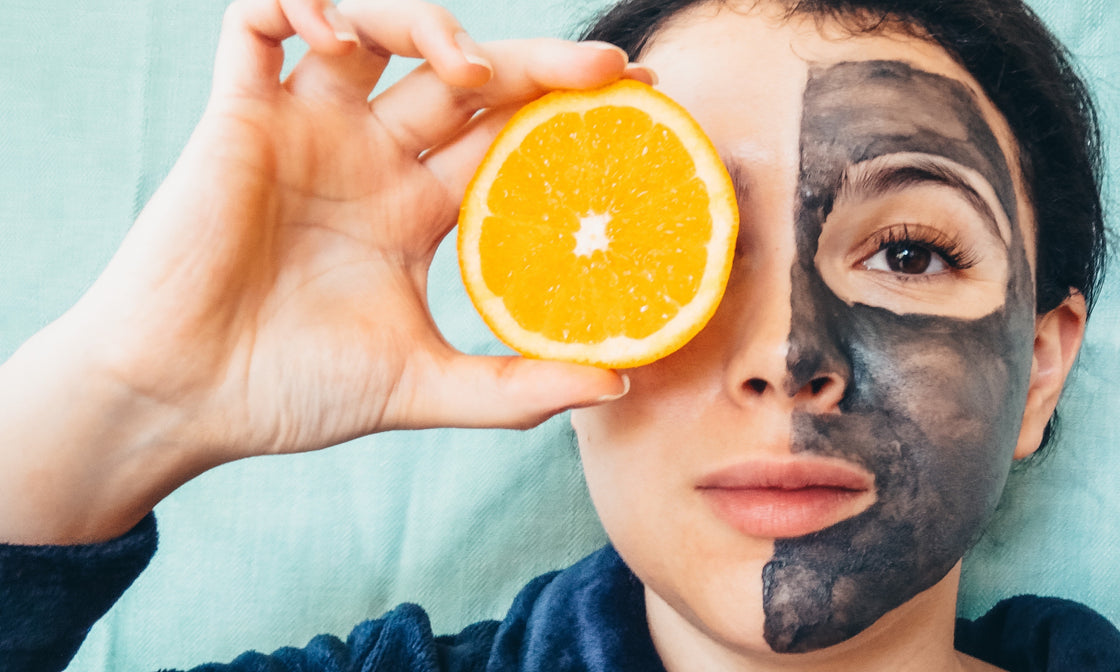Skin Care routine: The key to get rid of acne-prone skin

It's easy to know that almost anyone can be prone to breakouts for any number of causes or reasons. With many different types of acne, it can take many skin care routine updates to help with acne-prone skin.
Most commonly, acne occurs when your hair follicles become clogged with oil and dead skin cells. While this happens most often in teenagers, any type of breakouts can occur to anyone. The most frequent types of acne include whiteheads, blackheads, and pimples. Other breakouts appearing on top of your skin due to clogged pores include papules, pustules, nodules, and cysts. No matter what may cause your acne-prone skin, it can only take an updated skin care routine with proper cleansing and treatment to clear all the different inflamed acne bumps from your skin.
What Causes Acne
As you see above, the clogging of pores is the most frequent cause of acne. In addition to the most frequent cause of excessive oil drawn into your pores, bacteria also get caught in the clogged pores.
Other studies show that certain foods can affect the level of oil and reduce access to acne-free skin. Acne risks come from foods high in fat, sugar, and dairy ingredients. Some examples of these include foods such as milk chocolate, French fries, and sugary drinks.
Other times there may be risks for the occurrence of acne during adulthood. Some of these include hormonal changes during your menstrual cycle, the use of oily makeup, hot and humid climates, anxiety, and stress, among many others. So, even if you still have acne-prone skin during adulthood, updating your skin care routine can help with acne treatment.
Recommended Skin Care Routine to Treat Acne
Researchers recommend four basic steps for a simple, light daily skin care regimen to help lead to acne-free skin. These include:
- Cleanse gently.
- Use toner or astringent.
- Apply recommended or prescribed acne treatment.
- Apply an oil-free cream or gel.
With all four of these steps, it's important to keep this simple and just a few minutes a couple of times a day. This can help keep your skin well-cleaned and treated. Additionally, considering so many skincare products that are available over the counter, it is likely the most helpful to contact your dermatologist for recommendations. You may not need a prescribed treatment or other products. With your doctor's determination of your cause and type of acne, they can help decide the most effective skincare products.
Skincare Ingredients to Help Relieve Acne and Acne Scars
Additionally, in the case of adult acne, you can help reduce and relieve any acne scars you have acquired over the years. With the inclusion of products containing rosehip seed oil, alpha hydroxy acid, and others, you can treat both current acne and scars from the past. These ingredients are available in everything from cleansers to masks, toners, and serums.
Some of the Best Factors for Acne-Free Skin
One of the best things you can do for treatment and to prevent the return of your acne is to customize your skin care routine to meet your skin's needs. Again, the most helpful and influential information with selecting the products used to cleanse and medicate your skin in the morning and evening can be provided by your dermatologist.
Luckily, there are many natural ingredients for cleansers, masks, toners, and other treatments to help clear up your acne. Some of these are antimicrobial with the ability to fight acne-causing bacteria. In contrast, others can deeply purify your pores and clear out the oil that causes acne. With so many products that include natural and pure ingredients, you can keep your skin clear and regularly acne free.
